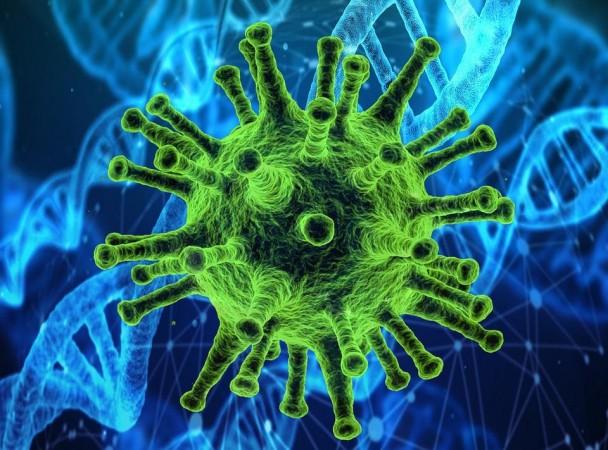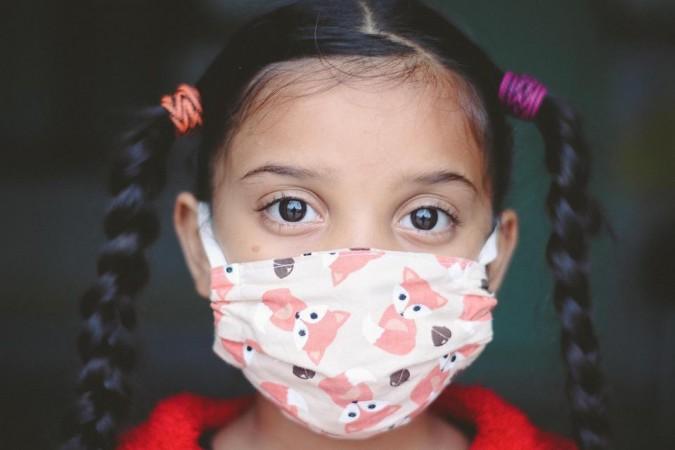It has become common knowledge that surviving the SARS-CoV-2 virus does not mean that it has run its course in the body. Millions of adults across the world suffer from its after-effects known as 'long COVID'.
However, some children who are said to have had COVID-19 can develop a rare but serious complication known as multisystem inflammatory syndrome in children (MIS-C). Now, scientists have uncovered a vital clue that may help treat the condition when it arises—the downregulation of specific immune cells.
In a new study, researchers from the Mount Sinai School of medicine discovered that in children with MIS-C, two specific infection-fighting cells—natural killer (NK) cells and CD8+ T cells—were suppressed or downregulated. The findings of the study open new avenues in the treatment of the MIS-C.
"Our study implicated T cell exhaustion in MIS-C patients as one of the potential drivers of this disease, suggesting that an increase in both NK cells and circulating exhausted CD8+ T cells may improve inflammatory disease symptoms," said Dr. Noam Beckmann, lead co-author of the study in a statement. The research was published in the journal Nature Communications.
Inflammatory Condition Among Children

Several children who have been diagnosed with MIS-C are known to have had COVID-19 or been around someone who has had the infection. It is marked by pain, fever, and inflammation of multiple organs such as the eyes, gastrointestinal tract, heart, kidneys, lungs, and skin. The symptoms manifest in the form of stomach pain, fatigue, rashes, reddened or bloodshot eyes, chest pain and breathing difficulties, dizziness or inability to stay awake vomiting, and diarrhea.
Though the primary cause has been posited to be an autoimmune condition, particular cell types, genes, and pathways are unknown. Therefore, the team set out to find answers. For the current study, the authors carried out RNA sequencing of blood samples of patients with MIS-C from the Mount Sinai COVID-19 Biobank along with that of healthy controls.
The whole-blood specimens on whom RNA sequencing was performed were: MIS-C cases (eight specimens from eight individuals), pediatric COVID-19 cases (18 specimens from seven individuals), and healthy controls (four specimens from four individuals). These samples had been collected during their clinical visits.
Suppression of Key Immune Cells

Through the exhaustive gene-expression research, the scientists constructed complex networks and subnetworks of genes that provided new valuable and exploratory pathways for studying MIS-C. Among these gene networks, a more significant one indicated the suppression of two key varieties of immune cells—natural killer (NK) cells and CD8+ T cells.
NK cells are a part of the innate immune system. They control or inhibit infections and tumors through the limitation of their spread and resulting tissue damage. CD8+ T cells play a mediatory role in adaptive immunity. They form an important part of the immune defense for surveillance of tumors, and against pathogens.

Previous research have demonstrated that when CD8+ T cells are continuously exposed to pathogens, a state of "exhaustion" sets in among the cells. As a result, their effectiveness is lost and their ability to multiply is affected. In the current study, the authors highlighted the CD8+ T cells being in such an exhausted state, thereby, potentially diminishing inflammatory immune response. The team also noted that a rise in the number of NK cells was also associated with the exhaustion of CD8+ T cells.
"Additionally, we found nine key regulators of this network known to have associations with NK cell and exhausted CD8+ T cell functionality," stated Dr. Beckmann. He added that TBX21, one of the regulator genes, is an encouraging target for treatment. This is due to the fact that it serves as a key player in the transitioning of CD8+ T cells from a state of effectiveness to exhaustion.

















